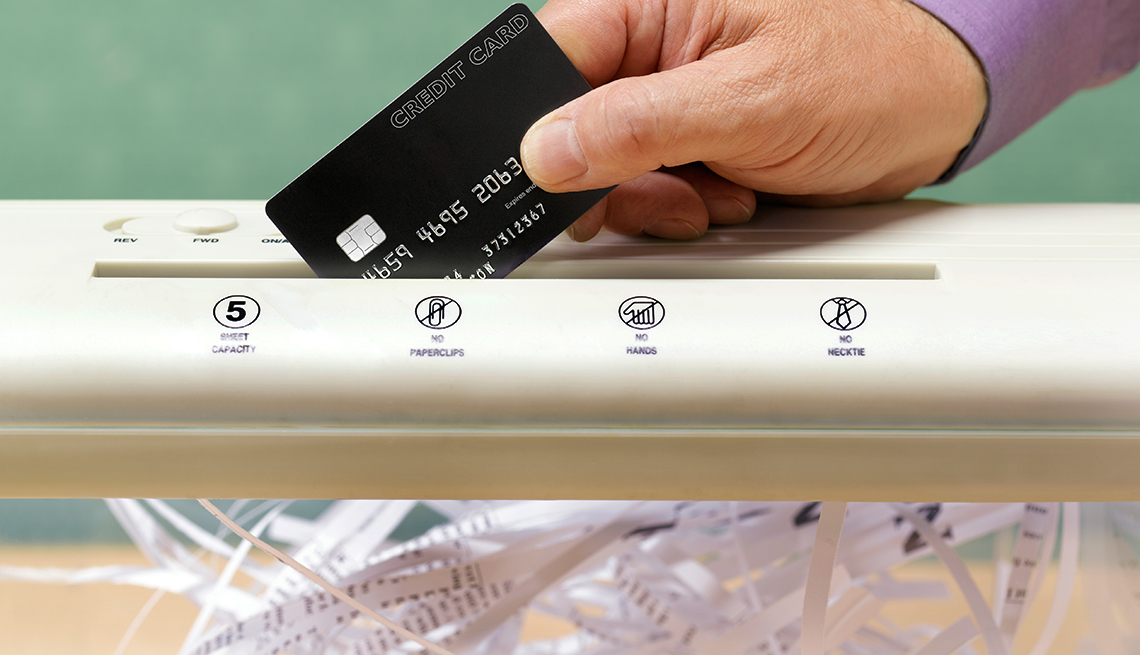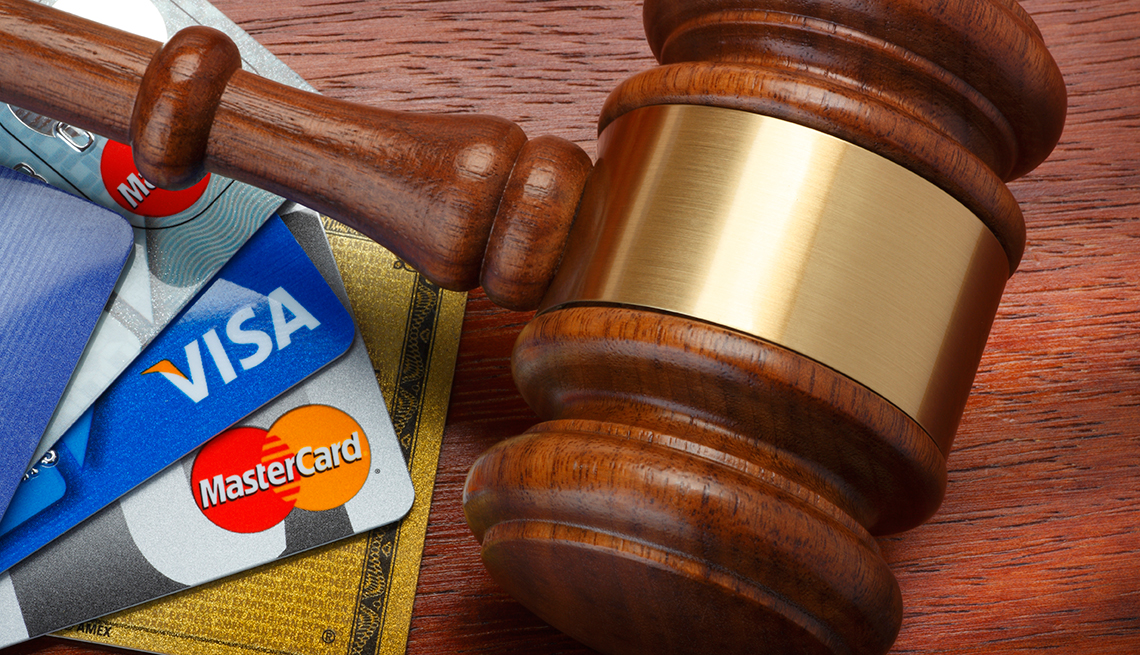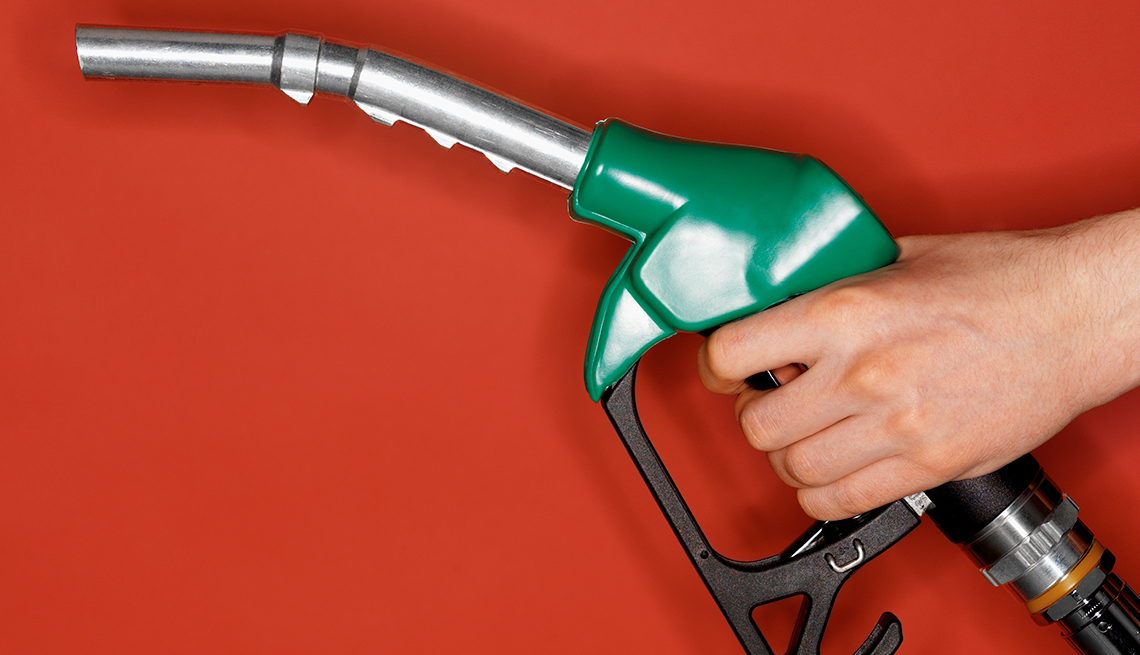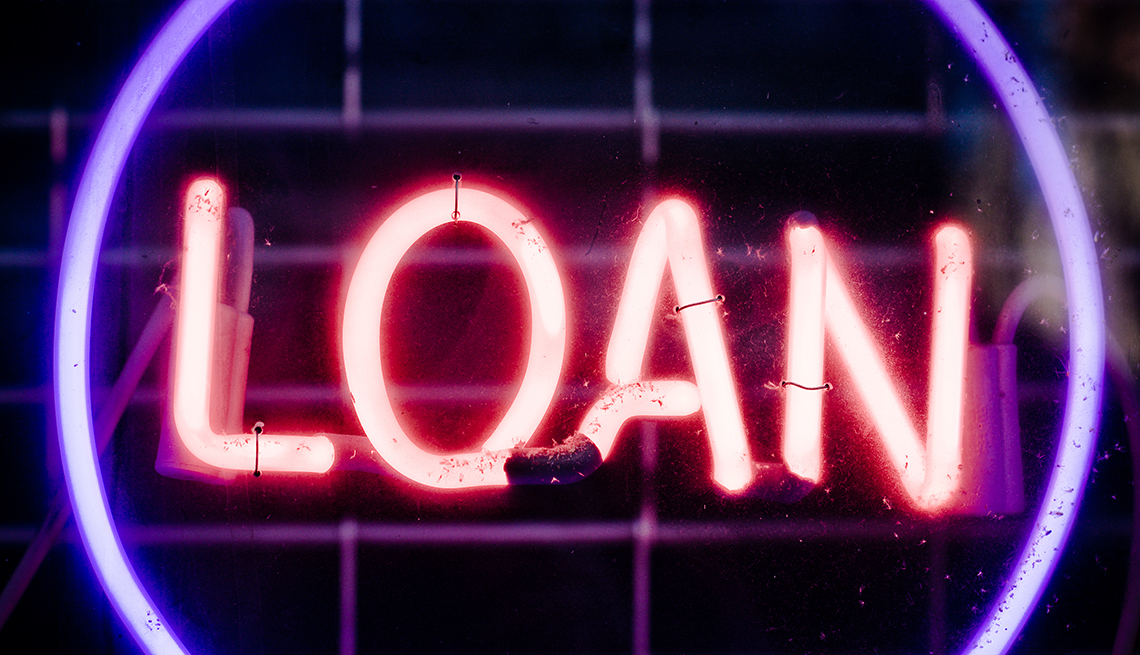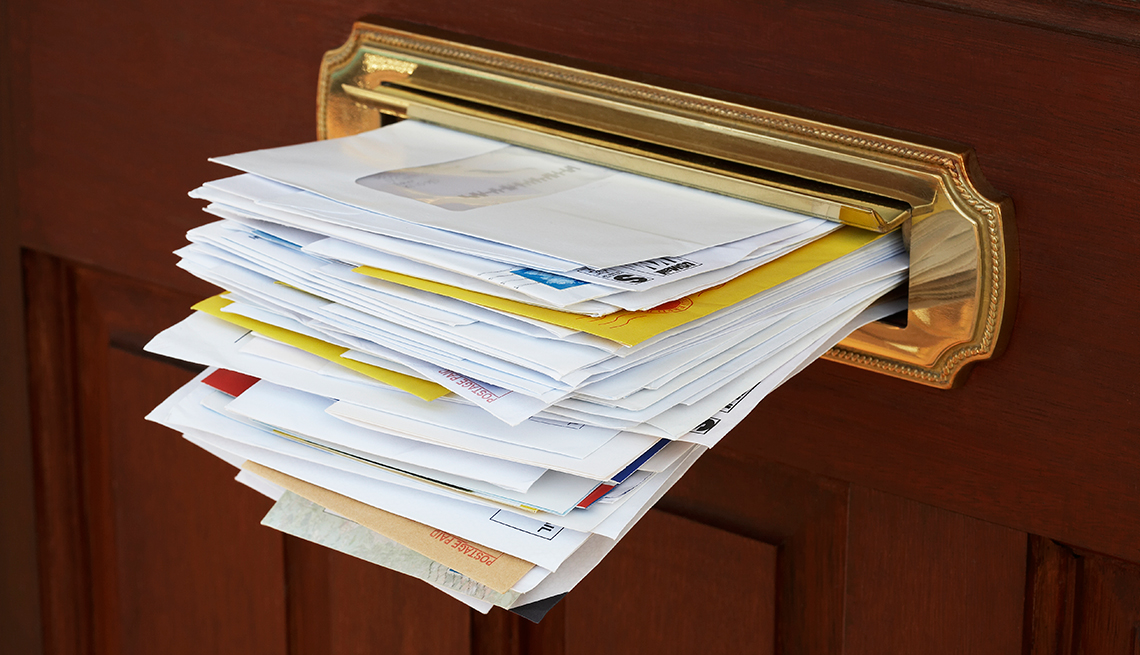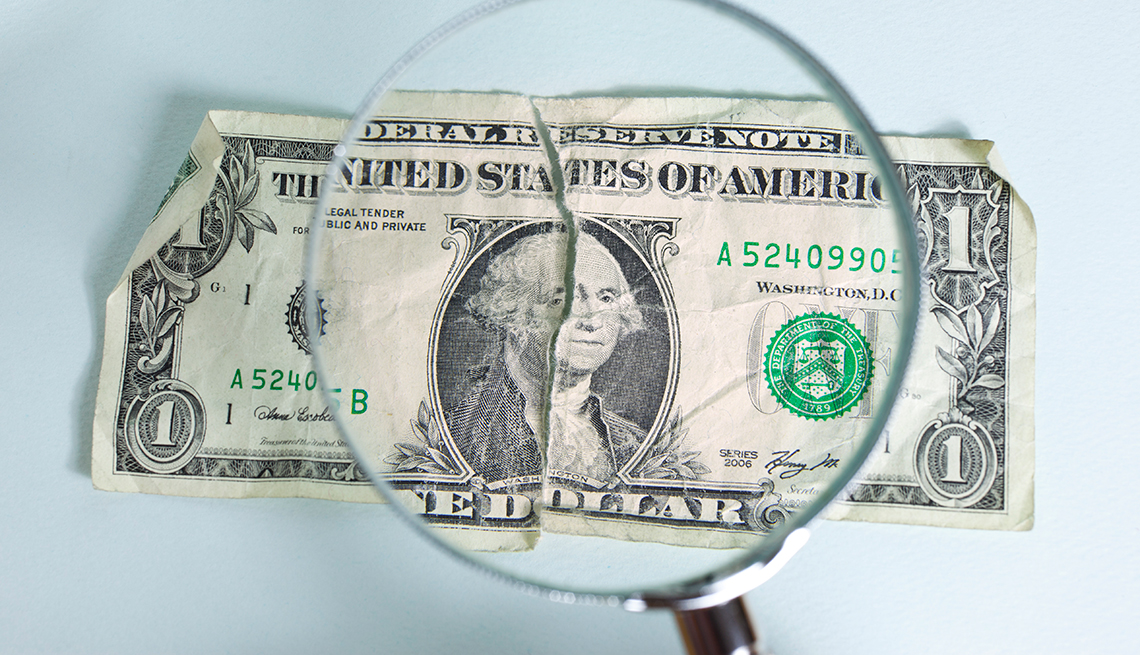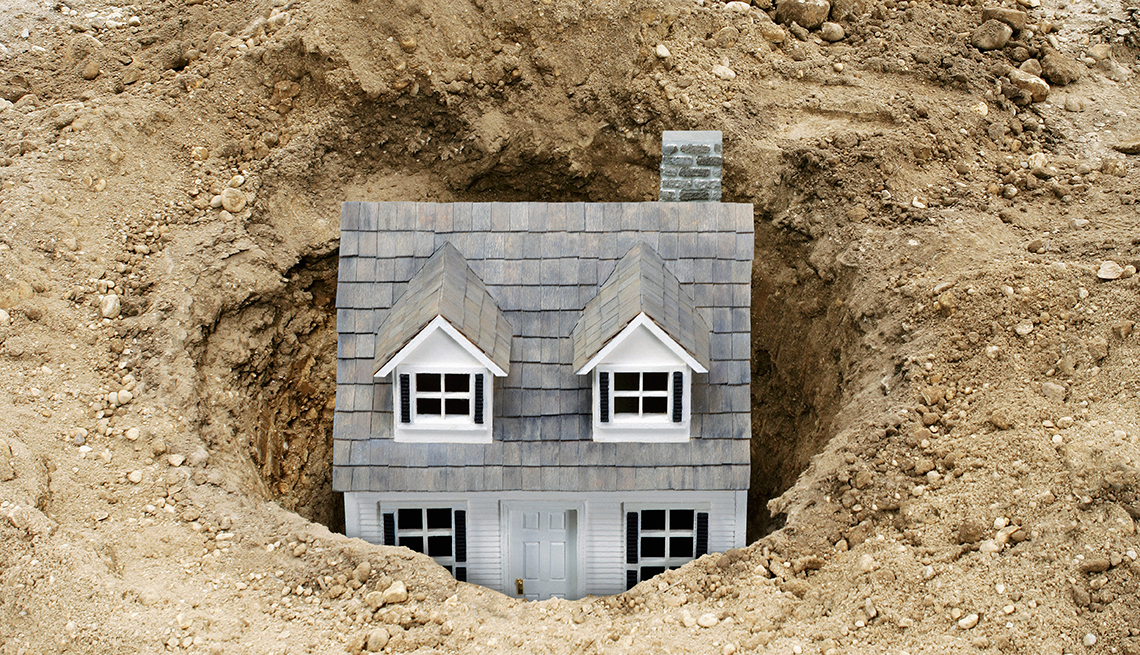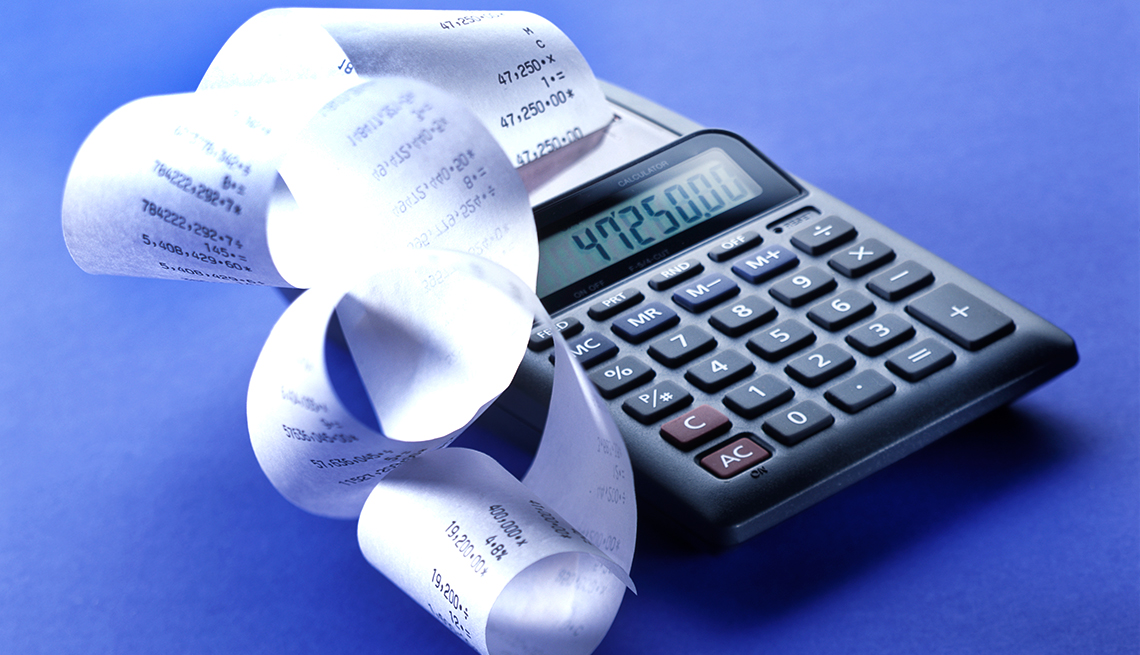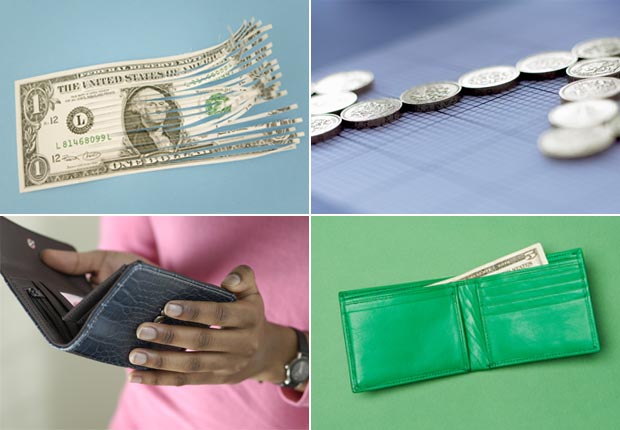-
Peter Dazeley/Getty Images
Don't close old credit card accounts
En español| So, you finally paid off that credit card bill that's been nagging you for ages. Your first inclination may be to say "Good riddance!", cut up the card and close the account. Not so fast. Closing the account can actually lower your credit score. First, you'll have a smaller amount of available credit and you'll be making your credit history with that card go away a lot sooner. Available credit and account history factor in your credit rating. Even if you pay off a credit card, you're usually better off keeping that card open.
1 of 11
-
Istockphoto
Don't max out your cards before a bankruptcy
We all know that gas prices can eat into our budgets. But even if your wallet is taking a serious hit every time you fill up your tank, it's still wise to avoid applying for gas cards and buying fuel on credit. Ditto for applying for department store credit cards. Gas cards and retail store cards usually have very high interest rates — far higher than national brand cards such as Visa or MasterCard. Plus, if you frequently apply for multiple credit cards, you'll generate inquiries on your credit report, lowering your credit score. To avoid these problems, only apply for credit when you truly need it.
2 of 11
- See AlsoWill authorized user status help you build credit? - The Points GuyDo not buy tradelines, unless you understand this: - Superior TradelinesPayday Loans Online Same Day | Payday Loans Online Today15 credit facts everyone needs to know in 2024
Getty Images
Don't apply for gas cards and department store cards
If someone calls, mails or emails you unsolicited and requests sensitive personal information such as your credit card number or your Social Security number, never divulge it, no matter how nice or legitimate the person sounds. Such requests are often financial scams targeting seniors. Criminals are trying to steal your money or make unauthorized use of your credit and good name. If you ever become the victim of identity theft, report it immediately to your local police department and to the Federal Trade Commission. You can reach the FTC toll-free at 877-ID-THEFT (877-438-4338) or atits website.
3 of 11
-
Getty Images
Don't cosign for someone else's loans
To help maintain a healthy credit rating, you should check your credit reports free of charge at least once a year at thegovernment-mandated website. But a once-a-year checkup isn't enough. You should also routinely watch out for the warning signs that you may be in debt trouble. Some red flags include: being able to make only minimum payments, missing payments, charging without knowing how you will pay your bills, and constantly seeking zero percent card offers or low-rate balance transfers just to be able to afford your payments. If any of these warning signs sounds familiar, seek help from a trusted nonprofit credit-counseling agency.
4 of 11
-
Istockphoto
Don't share your credit card number
If you don't pay a federal tax debt, the IRS has the power to levy your assets, seize your tax refund or put a lien against your property. But none of that should scare you into paying with a credit card. That's because if you do, you'll also have to pay an "interchange" fee. This can run anywhere from about 2 percent to 4 percent of the amount you're paying. Now add that to the 12 percent to 18 percent interest you'll pay to your bank if you add the tax charge to your card's balance. A better solution is to work out a repayment plan with the IRS and pay your tax debt over time.
5 of 11
-
Simon Battensby/Getty Images
Don't be pressured into accepting new credit cards
- 10 common credit mistakes
- Bad spending habits you should break
- 10 ways to cut expenses
Get savings on a new car with the AARP Auto Buying Program
6 of 11
-
Steve Lewis/Getty Images
Don't ignore the warning signs about credit problems
En español| So, you finally paid off that credit card bill that's been nagging you for ages. Your first inclination may be to say "Good riddance!", cut up the card and close the account. Not so fast. Closing the account can actually lower your credit score. First, you'll have a smaller amount of available credit and you'll be making your credit history with that card go away a lot sooner. Available credit and account history factor in your credit rating. Even if you pay off a credit card, you're usually better off keeping that card open.
7 of 11
-
Steven Puetzer/Getty Images
Don't fall for credit repair schemes
En español| So, you finally paid off that credit card bill that's been nagging you for ages. Your first inclination may be to say "Good riddance!", cut up the card and close the account. Not so fast. Closing the account can actually lower your credit score. First, you'll have a smaller amount of available credit and you'll be making your credit history with that card go away a lot sooner. Available credit and account history factor in your credit rating. Even if you pay off a credit card, you're usually better off keeping that card open.
8 of 11
-
Getty Images
Don't pay your tax bill with a credit card
En español| So, you finally paid off that credit card bill that's been nagging you for ages. Your first inclination may be to say "Good riddance!", cut up the card and close the account. Not so fast. Closing the account can actually lower your credit score. First, you'll have a smaller amount of available credit and you'll be making your credit history with that card go away a lot sooner. Available credit and account history factor in your credit rating. Even if you pay off a credit card, you're usually better off keeping that card open.
9 of 11
-
Walker and Walker/Getty Images
Don't put major expenses on credit just for "rewards."
En español| So, you finally paid off that credit card bill that's been nagging you for ages. Your first inclination may be to say "Good riddance!", cut up the card and close the account. Not so fast. Closing the account can actually lower your credit score. First, you'll have a smaller amount of available credit and you'll be making your credit history with that card go away a lot sooner. Available credit and account history factor in your credit rating. Even if you pay off a credit card, you're usually better off keeping that card open.
10 of 11
-
View More Slideshows
En español| So, you finally paid off that credit card bill that's been nagging you for ages. Your first inclination may be to say "Good riddance!", cut up the card and close the account. Not so fast. Closing the account can actually lower your credit score. First, you'll have a smaller amount of available credit and you'll be making your credit history with that card go away a lot sooner. Available credit and account history factor in your credit rating. Even if you pay off a credit card, you're usually better off keeping that card open.
11 of 11
FAQs
10 Common Credit Mistakes That Can Damage Your Financial Standing? ›
Not Paying Bills on Time
Your payment history is the most influential factor in your FICO® Score, which means that missing even one payment by 30 days or more could wreak havoc on your credit.
- Getting a new cell phone. ...
- Not paying your parking tickets. ...
- Using a business credit card. ...
- Asking for a credit limit increase. ...
- Closing an unused credit card. ...
- Not using your credit cards. ...
- Using a debit card to rent a car. ...
- Opening an account at a new financial institution.
Not Paying Bills on Time
Your payment history is the most influential factor in your FICO® Score, which means that missing even one payment by 30 days or more could wreak havoc on your credit.
FICO's information shows that bankruptcy does the most serious damage to a credit score (up to 240 points), followed by foreclosure (up to 160 points), while maxing out a credit card has the least numerical impact (as few as 10 points).
What are the common mistakes that can negatively impact a credit score? ›Making late payments
The late payment remains even if you pay the past-due balance. Your payment history may be a primary factor in determining your credit scores, depending on the credit scoring model (the way scores are calculated) used. Late payments can negatively impact credit scores.
A poor credit history can have wider-ranging consequences than you might think. Not only will a spotty credit report and low credit score lead to higher interest rates and fewer loan options, it can also make it harder to find housing and obtain certain services.
What are the three most common mistakes in credit? ›- Incorrect Accounts. One of the top mistakes seen on credit reports is incorrect accounts. ...
- Account Reporting Mistakes. Another common credit report bureau mistake is account reporting errors. ...
- Inaccurate Personal Information.
Making a late payment
Even one late payment on a credit card account or loan can result in a credit score decrease, depending on the scoring model used. In addition, late payments remain on your Equifax credit report for seven years. It's always best to pay your bills on time, every time.
The five biggest factors that affect your credit score are payment history, amounts owed, length of credit history, new credit, and types of credit. To improve your credit, it's important to understand how these factors impact your credit and what a credit score means when you apply for a loan.
What hurts credit the most? ›1. Payment History: 35% Making debt payments on time every month benefits your credit scores more than any other single factor—and just one payment made 30 days late can do significant harm to your scores. An account sent to collections, a foreclosure or a bankruptcy can have even deeper, longer-lasting consequences.
What is the greatest cause of credit problems? ›
Common causes of a bad credit rating include failing to stick to your credit agreement, paying the bare minimum on your credit card each month, and falling victim to identity theft.
What mishaps or bad habits can lead to credit problems? ›Late Payments
Therefore, when a late payment appears on your credit report, it has the potential to have a negative impact on your credit score. Additionally, multiple late payments and/or long overdue payments (e.g., 60 days, 90 days, etc.) could have a more significant, negative impact to your credit score.
Making debt payments on time every month benefits your credit scores more than any other single factor—and just one payment made 30 days late can do significant harm to your scores. An account sent to collections, a foreclosure or a bankruptcy can have even deeper, longer-lasting consequences.
How is credit destroyed? ›Because payment history accounts for such a large part of your score, any late payments on your history cause the biggest damage to your score. You can also destroy your credit by amassing massive piles of debt. At worst, you'll have to file for bankruptcy if you can't pay the debt off, which will ruin your credit.
What are 4 things you can do to keep your credit score high? ›- Pay your loans on time, every time. ...
- Don't get close to your credit limit. ...
- A long credit history will help your score. ...
- Only apply for credit that you need. ...
- Fact-check your credit reports.
